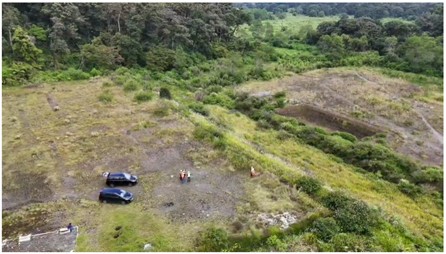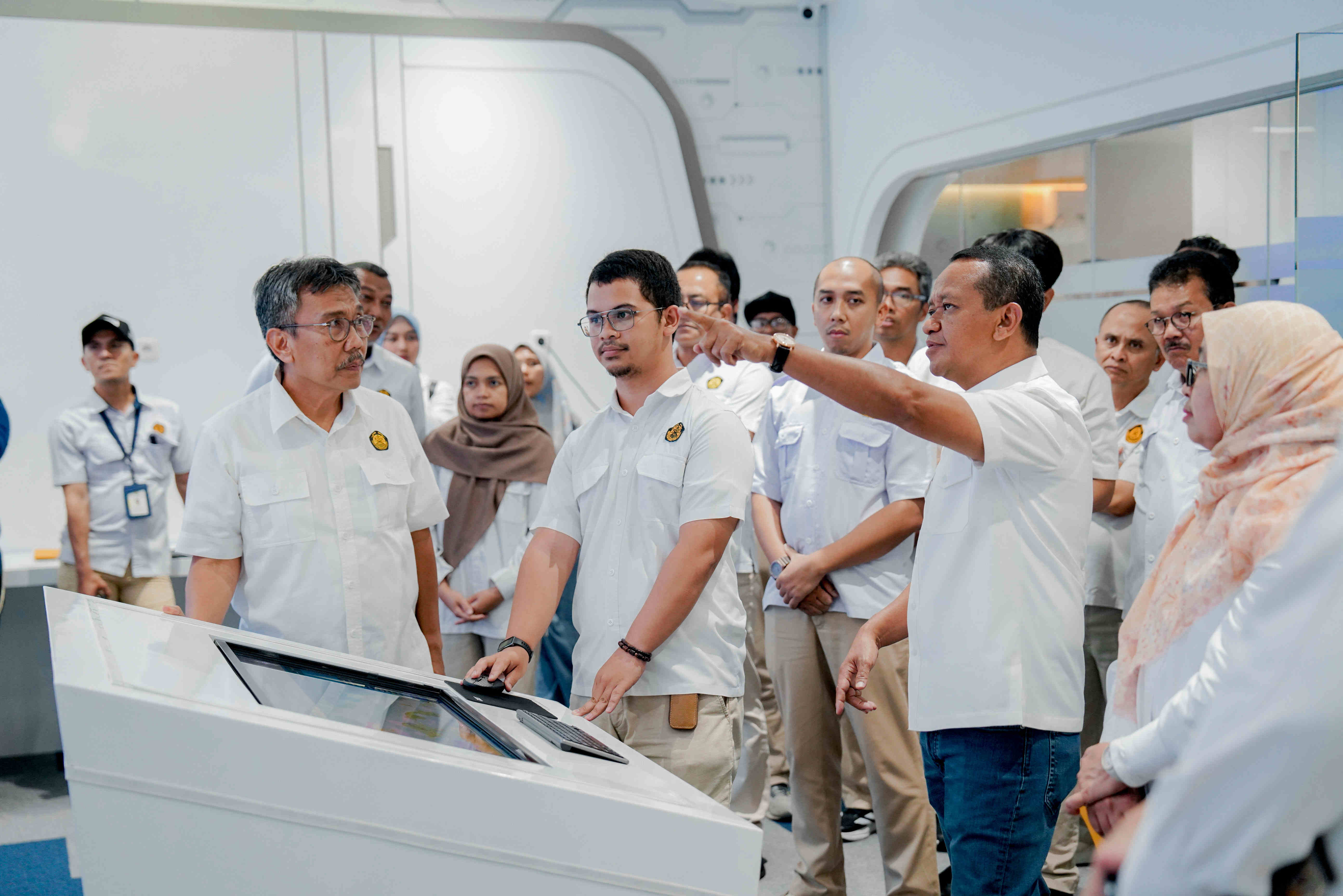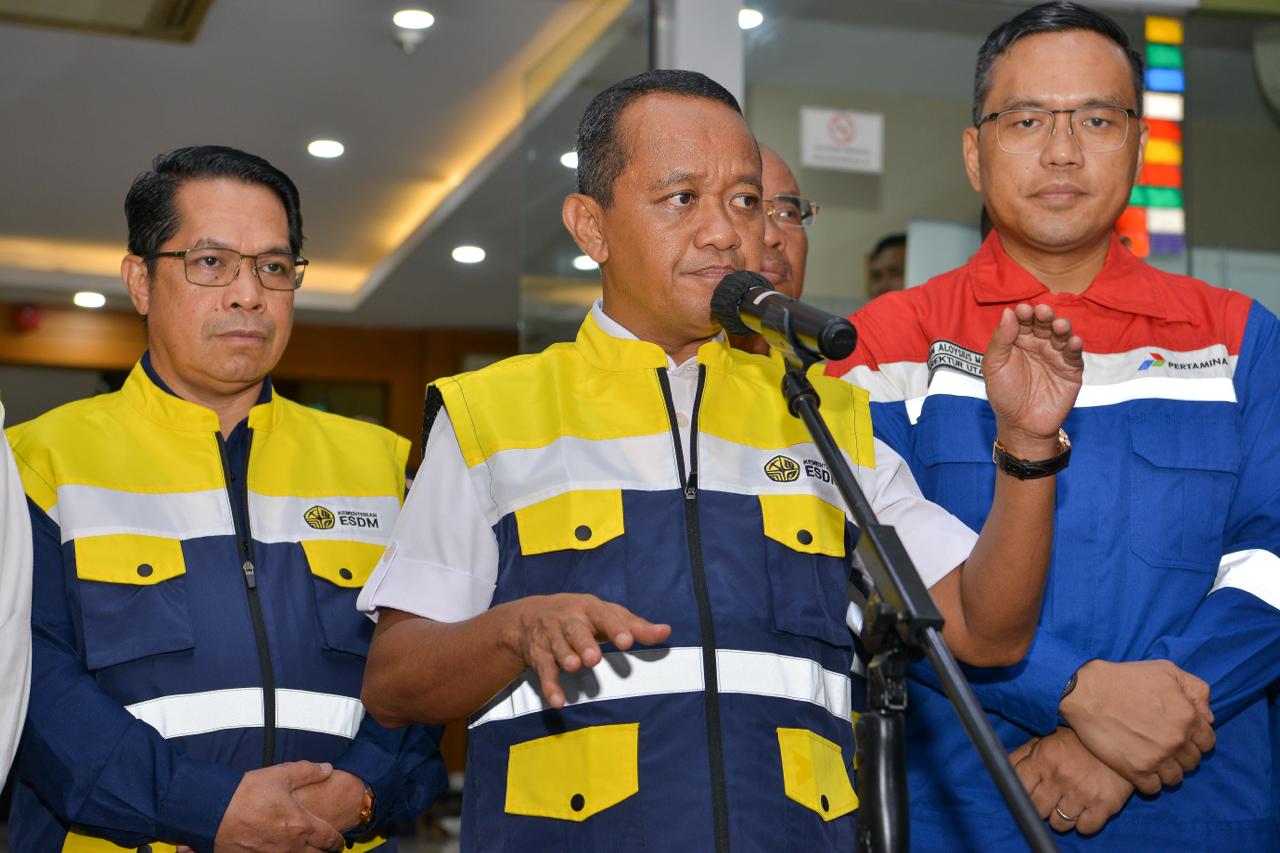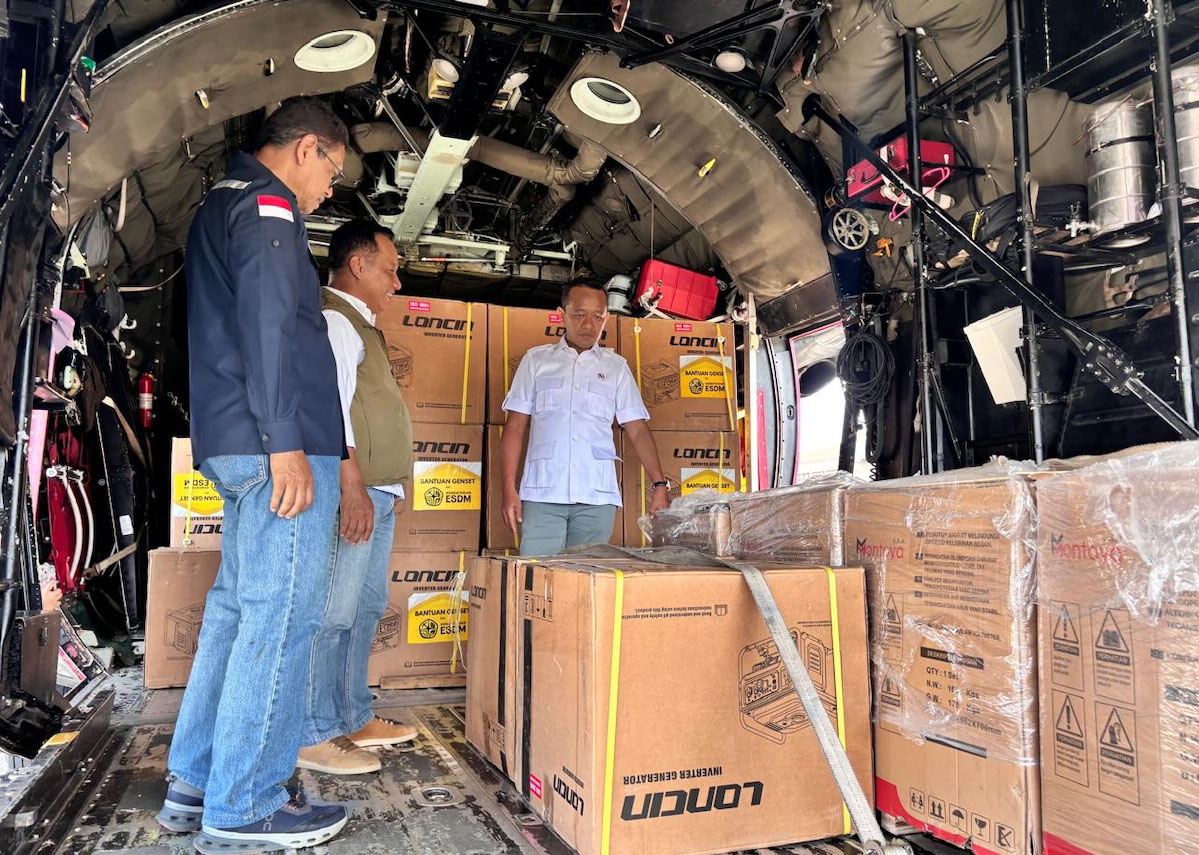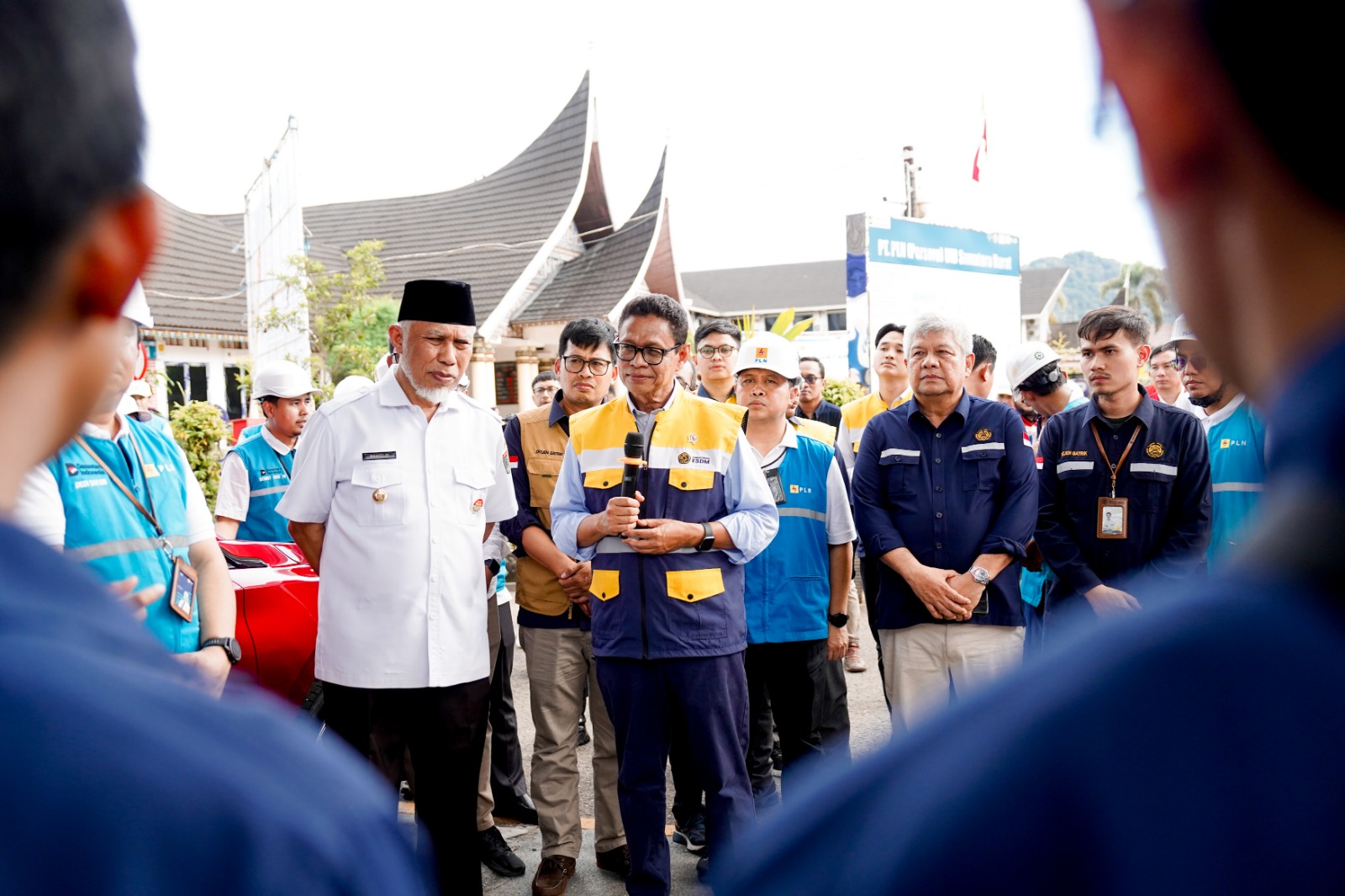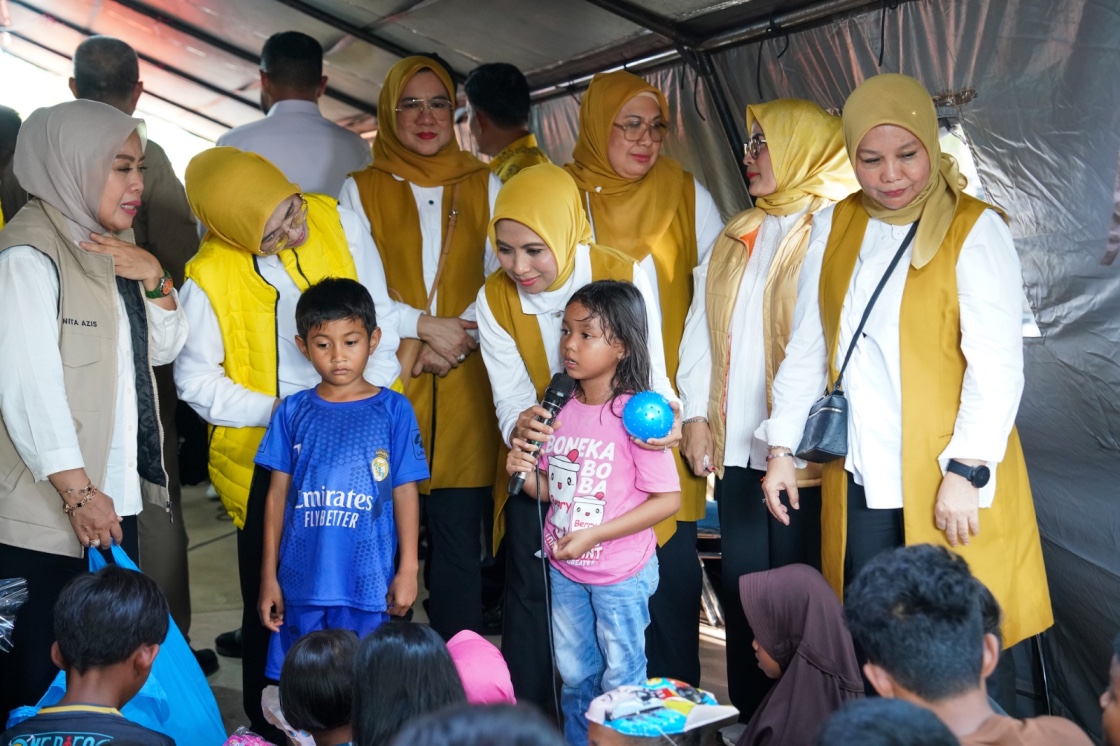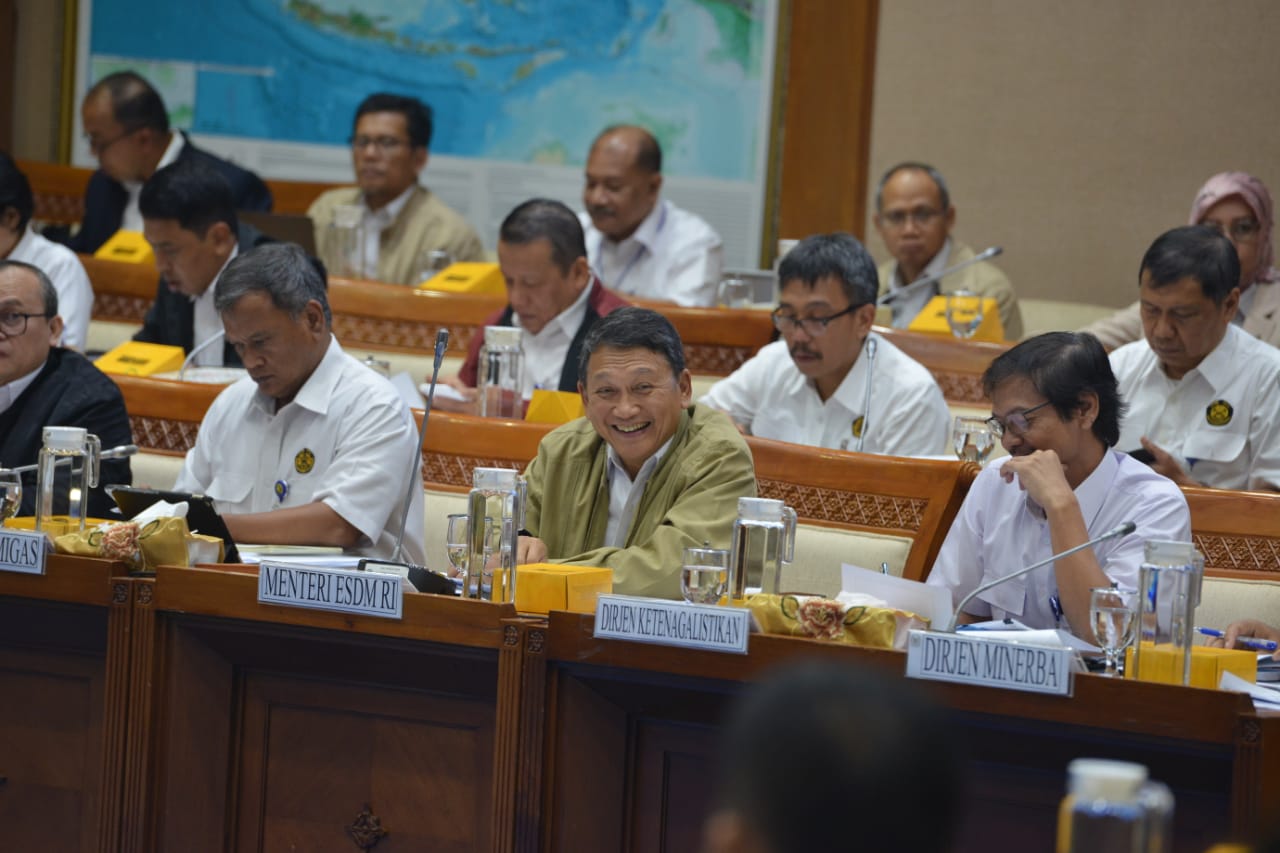
Curbing Industrial Gas Price, Minister Arifin Opens the Option to Lower Transportation Cost
MINISTRY OF ENERGY AND MINERAL RESOURCES
REPUBLIC OF INDONESIA
PRESS RELEASE
NUMBER: 046.Pers/04/SJI/2020
Date: 27 January 2020
Curbing Industrial Gas Price, Minister Arifin Opens the Option to Lower Transportation Cost
Minister of Energy and Mineral Resources (ESDM) Arifin Tasrif responds to the instruction of President Joko Widodo on the prolonged issue of industrial gas price. Arifin explains the options open to the government for lowering the industrial gas price according to the mandate of Presidential Regulation Number 40 of 2016 on Pricing of Natural Gas.
"The government has prepared the options for lowering the gas price for certain industries by March 2020," said Arifin in a Work Meeting with Commission VII of the House of Representatives in Jakarta, Monday (27/1).
Transportation cost, explained Arifin, is the key component to determine industrial gas price. For this reason, the government will lower the transmission cost at several regions, namely Aceh, North Sumatra, southern part of Sumatra, West Java, and East Java.
Transmission cost is set out in Regulation of Downstream Oil and Gas Regulating Agency (BPH Migas) Number 8 of 2013 on Determination of Transportation Tariff of Natural Gas through Pipelines. To date, transmission cost is between USD0.02 and USD1.55/MMBTU.
In addition to lowering transmission cost, the government will re-evaluate distribution and trade costs. "Transportation (transmission and distribution) cost and trade cost are parts of the government's first option to reduce state's earnings and to improve efficiency of gas transportation," Arifin explained.
Reasonableness of transmission is the main consideration, as has been applied at Kangean Block, Madura, where the previous formula had contributed to an annual 3% increase in gas price. "We have removed this," the Minister added.
The second option is to impose a Domestic Market Obligation (DMO) on the holders of cooperation contracts so that they supply some of their produced gas to the state. This obligation will immediately be set out in the new DMO rule. "We will share the gas with strategic and supporting industries, while for other industries, business is carried on according to reasonable business practices," said Arifin.
The last policy option is to import gas. "We will give the freedom to the private sector to import gas used to develop industrial estates not connected to any gas networks," Arifin explained.
The three options are being studied by the Ministry of EMR in order to ensure the policy to be adopted will not cause any harms to ongoing gas businesses. "We're working on a quite detailed study, examining current distribution mechanism and the control on gas distribution without causing any harms to the investors involved," said Arifin.
Arifin further requests that the mechanism for reducing gas price should conform to the applicable regulations. "Whatever the decision related to industrial gas price is, it should conform to the applicable regulations," he confirmed.
Arifin admits a number of industries have so far not enjoyed price adjustment, namely ceramic industry (USD7.7 per MMBTU), glass industry (USD7.5 per MMBTU), rubber gloves (USD9.9 per MMBTU), and oleochemistry (USD8-USD10 per MMBTU).
Only fertilizer, petrochemical, and steel industries have enjoyed price adjustment according to Presidential Regulation Number 40 of 2016 of USD6 MMBTU. For the fertilizer industry, the gas price for PT Pupuk Kalimantan Timur 1-4 is adjusted to USD3.99 per MMBTU, PT Pupuk Sriwidjaja Palembang USD6 per MMBTU, PT Pupuk Iskandar Muda USD6 per MMBTU, and PT Pupuk Kujang USD5.84 per MMBTU.
For the petrochemical industry, the government has set the gas price for PT Petrokimia Gresik at USD6 per MMBTU and PT Kaltim Parna Industri USD4.04 per MMBTU. Meanwhile, the gas price for the steel industry is set to USD6 per MMBTU for PT Krakatau Steel (Persero) Tbk.
The sales price of industrial gas is determined by several components, namely upstream gas price, transportation cost, and trade cost. (IY)
Head of Bureau of Communication, Public Information Services, and Cooperation
Agung Pribadi (08112213555)
Share This!

